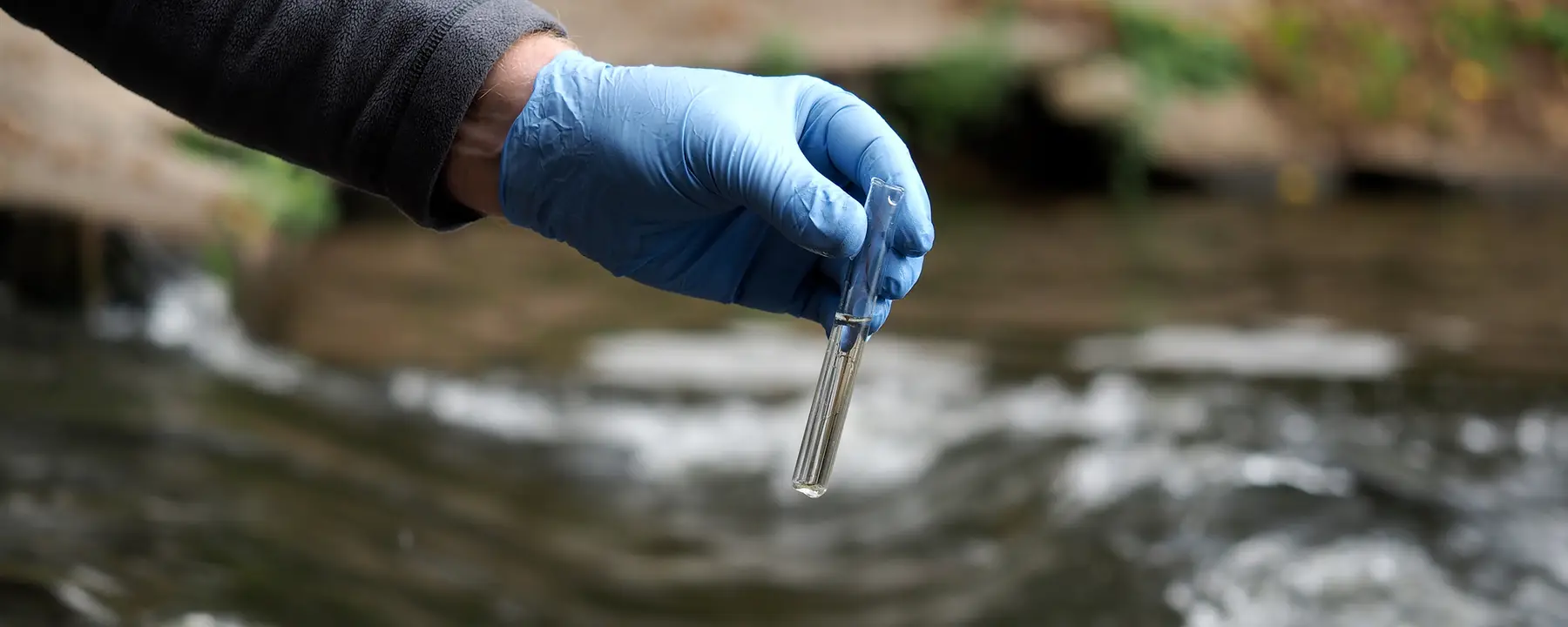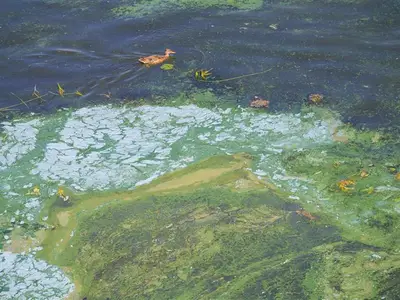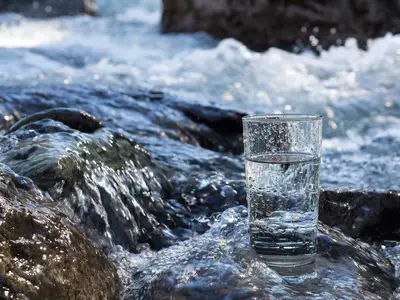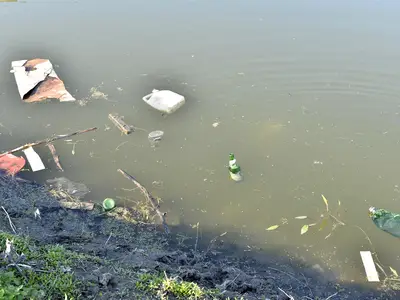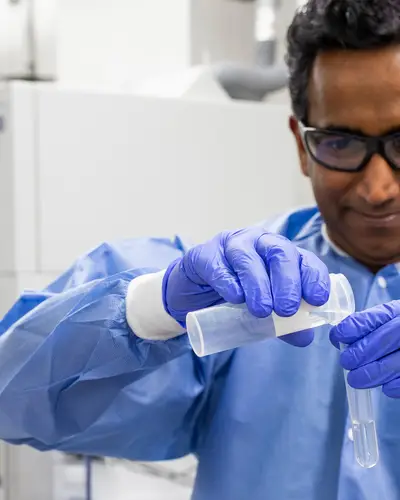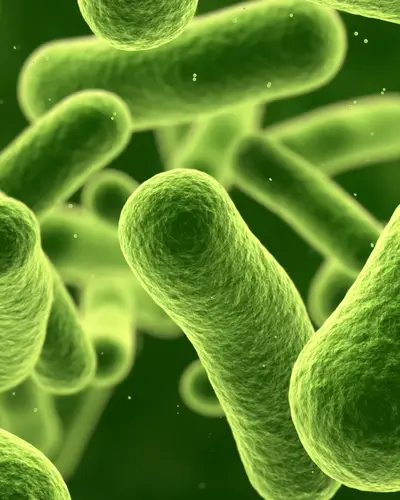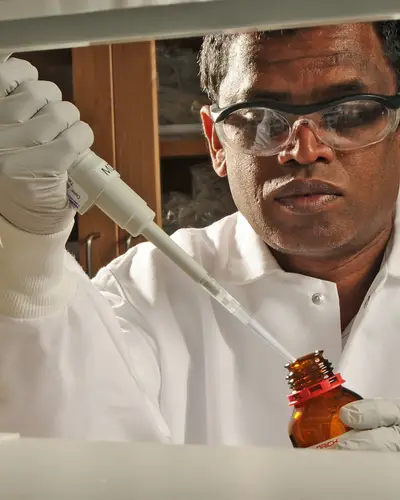We need access to water for drinking, cooking, and cleaning that is also safe for human health and the environment
We need access to water for drinking, cooking, and cleaning. It’s a basic requirement for survival, but how do we know if the water we have access to is safe? RTI conducts water quality research, from source to tap.
Our multidisciplinary teams analyze and manage water quality comprehensively from contaminant detection to removal to monitoring. We’ve worked on projects domestically and internationally, from homes to businesses, federal and state agencies, universities, non-governmental organizations, small businesses, utilities, schools, and childcare centers.
We have water quality services and expertise covering:
- laboratory analysis
- environmental health
- programming and data management
- international development and governance
- geographic information systems
- risk communication
Why is water quality management important?
Water quality management is a key component to the overall health and wellness of communities across the globe. From source water to water treatment and water connections, the systems in place to ensure water quality can vary widely across countries and communities.
Examining water quality
RTI CleanPlus, a portfolio of environmental testing programs including Clean Water for Carolina Kids, and subsequent Clean Water for US Kids, makes testing for lead, metals, and per- and poly-fluoroalkyl substances (PFAS) in drinking water feasible and accessible using a citizen science-based mail-out test kit paired with an integrated online enrollment, reporting, and communication portal. In 2020, our program and partnership was recognized with the Harvard Roy Award for Environmental Partnership due “the significance in solving an important problem, our innovation, and potential for scalability and transferability to other environmental problems or geographic regions” and a 2020 Environmental Business Journal Award for “significant innovation and solutions to addressing drinking water quality concerns.” During the COVID-19 pandemic, increased lead poisoning risks are a concern due to closed and underused buildings.
Our international water quality research includes a variety of work, including support for regulatory development and best practices in the United Arab Emirates, researching the environmental risk factors associated with chronic kidney disease of unknown etiology (CKDu) in Sri Lanka, and evaluating water access and quality in Guatemala City.
Assessing Water and Sanitation Hygiene (WASH) services globally
Access to safe water, sanitation, and hygiene services can improve health, particularly by reducing childhood diarrhea. RTI conducts economic and health assessments that provide evidence for investment in sustainable and appropriate access to WASH service.
Related Projects
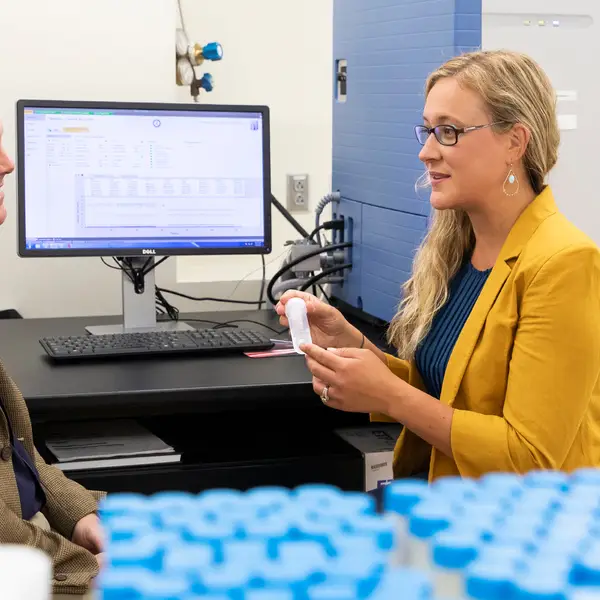
Clean Water for Carolina Kids™ – From Pilot to Program
Read More about Clean Water for Carolina Kids™ – From Pilot to Program
